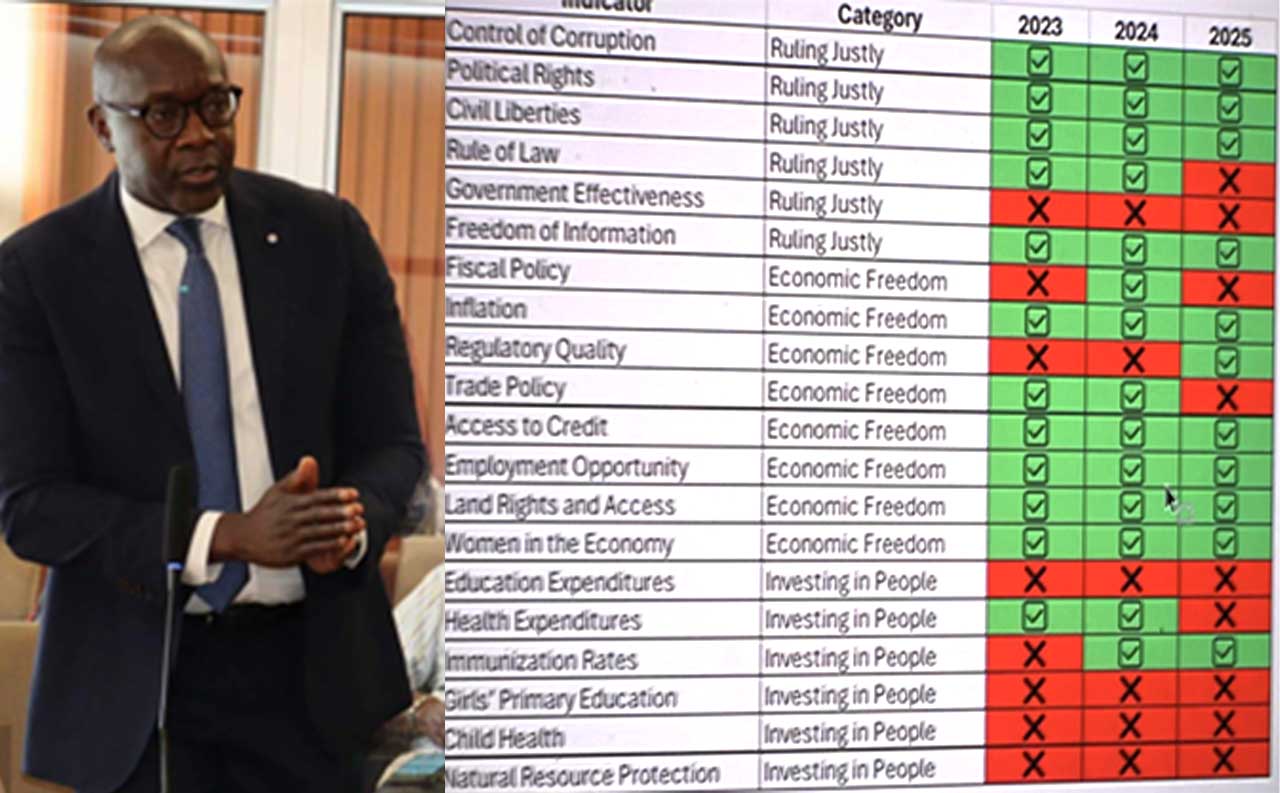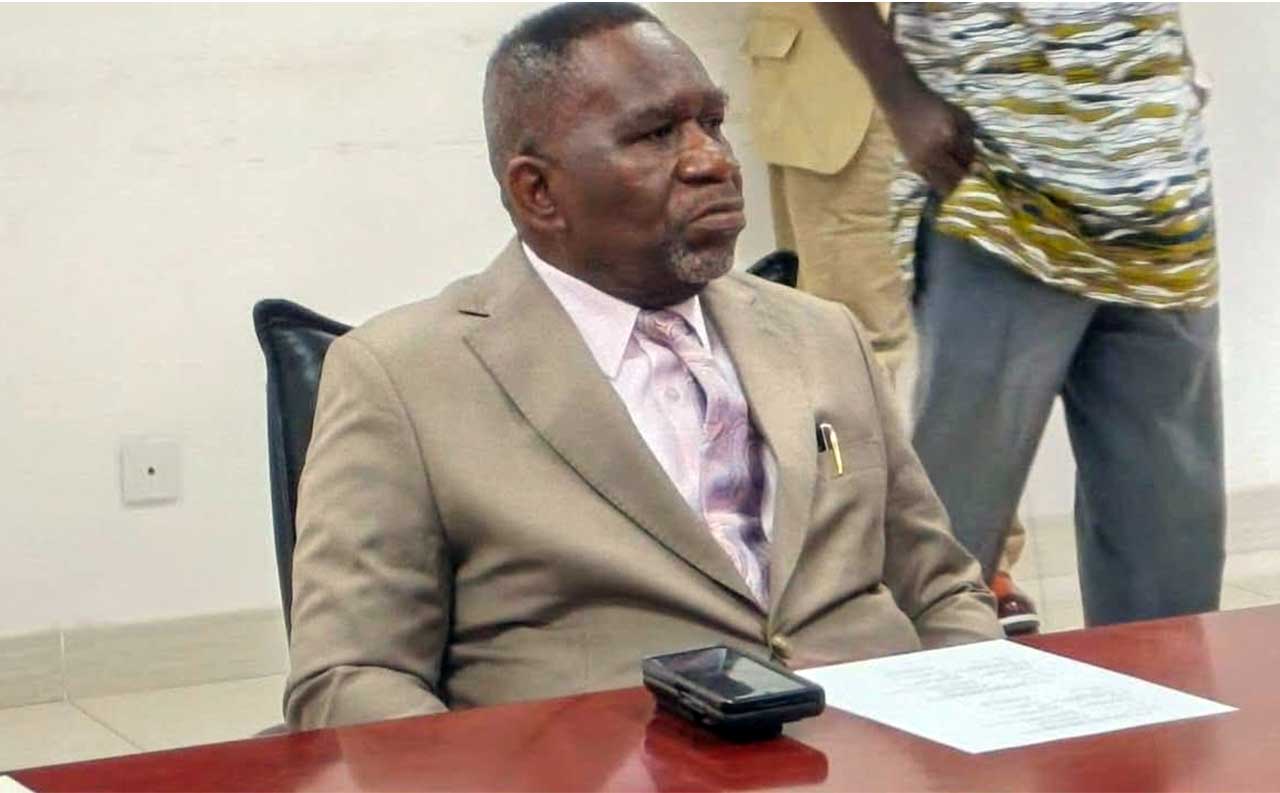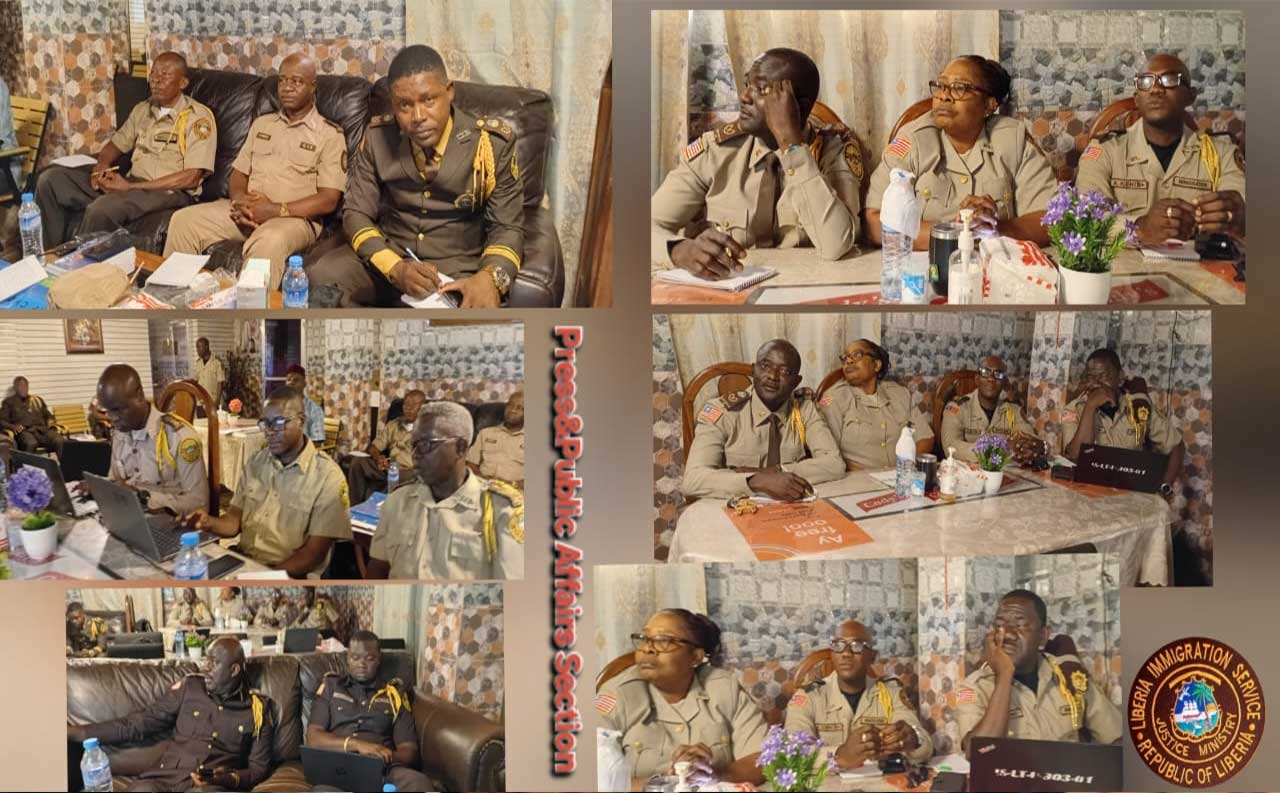Gbarpolu County Senator Amara Konneh is calling on Liberians to support the country’s second Millennium Challenge Corporation (MCC) compact. Senator Konneh said a country must “pass” the scorecard to qualify for a compact. Passing means: (i) Pass at least ten of the 20 indicators, with at least one pass in each of the three categories; (ii) Pass the Control of Corruption indicator; and (iii) Pass either the Civil Liberties or Political Rights indicator.
“As you can see in the matrix, we passed only 11 indicators in 2025 compared to 14 in 2024 and 12 in 2023. We nearly did not “pass” the scorecard in 2025 because we passed only the immunization rates indicator in the “Investing in People” category,” he said. He said Liberia must do better than 11, and President Joseph Boakai should focus on the ministries working in line with these indicators and empower the Minister of Finance to coordinate efforts and ensure accountability for results.
According to him, every well-meaning Liberian, whether affiliated with the Unity Party (UP), the Coalition for Democratic Change (CDC), or any other group, should embrace the news about the MCC Compact because it focuses on overcoming the biggest obstacles to economic growth, known as ‘binding constraints.’
He said MCC compacts are developed through a rigorous analysis by MCC and country economists to identify key barriers to growth, typically focusing on 1 to 3 sectors, and common barriers include infrastructure deficiencies such as electricity, transport, water, and sanitation.
“Shortfalls in social investments, particularly in health and education, can also limit labor supply and productivity. In economies where agriculture plays a significant role, low productivity in that sector can hinder growth. While identifying which obstacles can be challenging to address, the MCC aims to concentrate its money on the issues that most significantly affect growth,” he said. He further said addressing these issues requires substantial planning, dedicated personnel, and resources—especially people and time—and often exceeds the standard limits of government staffing capacities and
While some may wish for the government to fail in its current efforts to secure a second Compact, it’s essential to recognize that failures affect everyone, including future political contenders. Gbarpolu County Senator said the first UP Government signed Liberia’s inaugural Compact in 2015 when he was Minister of Finance and Development Planning, which the CDC implemented, and MCC’s engagement with Liberia ended in 2021, and governance challenges prevented the negotiation of a second Compact.
He said many Liberians did not feel the impact of the first Compact, particularly due to persistent electricity issues from management to operations and improvements are underway under a new leadership led by a technocratic managing director with decades of economics and regional leadership experience and networks and the current UP Government, with President Boakai leading engagement efforts, which started long before he was inaugurated, is attempting to revive the Compact, receiving significant support from the MCC Board. He stated that it is crucial because the MCC funds Compacts only in countries with sound policies, but Liberia must not become complacent, as the 2025 scorecard indicates, and this time, Liberia must ensure the second Compact addresses updated binding constraints and delivers tangible benefits to citizens. “Let’s support a successful MCC Compact for Liberia! We will do our part through advising and public education, and garner support for it in Washington, DC,” he said.



